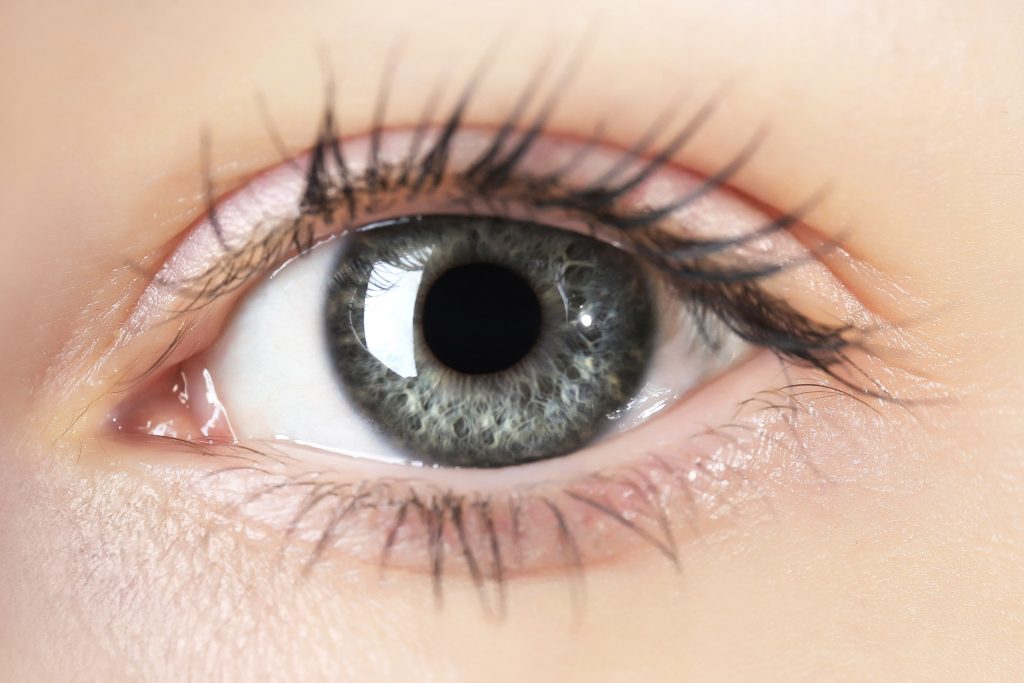Have You Had Your Eye Exam This Year? It’s Important That You Do!

August 19, 2016
by Mankato Clinic
At least once a year we head to our doctor’s office to have a routine physical exam, but being proactive about our eyes is just as important to our overall health. After all, we only have two eyes so it’s important to give them the treatment they deserve.
Even if you have 20/20 vision, don’t think that you shouldn’t see an eye doctor at least once a year (depending on your age). It’s a common misperception, but eye exams aren’t just for people with less than perfect vision. A routine eye exam can play an important role when it comes to detecting eye problems before you have symptoms. With a simple vision test, your optometrist or ophthalmologist can detect early signs of diabetes, high blood pressure, arthritis or glaucoma. In fact, 65 percent of the time, your eye doctor can spot signs of high cholesterol before your family physician. When your eyes aren’t giving you any trouble, it’s natural to forget about the eye doctor. But preventing eye disease is important.
Taking care of our eyes is one of the most essential things we can do for ourselves it’s important not to take them for granted. Protecting your eyes should become a lifestyle and can be easily done by following these simple tips:
- Nutrients like omega-3 fatty acids and vitamins C and E may help fend off age-related vision problems. For people who smoke, quitting the habit will decrease your chances of getting cataracts, optic nerve damage and macular degeneration.
- Stop smoking: By quitting smoking, you decrease your chance of getting cataracts, optic nerve damage and macular degeneration.
- Wearing sunglasses is the best way to protect your eyes from the sun’s harmful ultraviolet rays.
- Use safety glasses or eyewear if you work with airborne or hazardous materials at home or at work.
- Make time in your day to look away from your computer screen. Continuous screen time can cause eyestrain, blurry vision, headaches and dry eyes. Investing in digital computer lenses will make your vision crisper and provide your eyes with more focal points, leaving stressed eyes in the past.
A rule of thumb to abide by when it comes to scheduling your routine eye exam for all members of your family – if there are no risk factors – is to go on a consistent basis.
- Ages 0-5: Get a complete dilated eye exam before child enters school
- Ages 6-19: Get a complete dilated eye exam at least once during these years to ensure normal ocular health
- In your 20s and 30s: Have a complete dilated eye exam every five to 10 years
- In your 40s: Have a complete dilated eye exam at least every three years
- 50 and over: Have a complete eye exam at least every two years
- Patients with glasses, diabetes, glaucoma, macular degeneration, cataracts or a family history of eye disease need to be seen more frequently as your eye doctor recommends